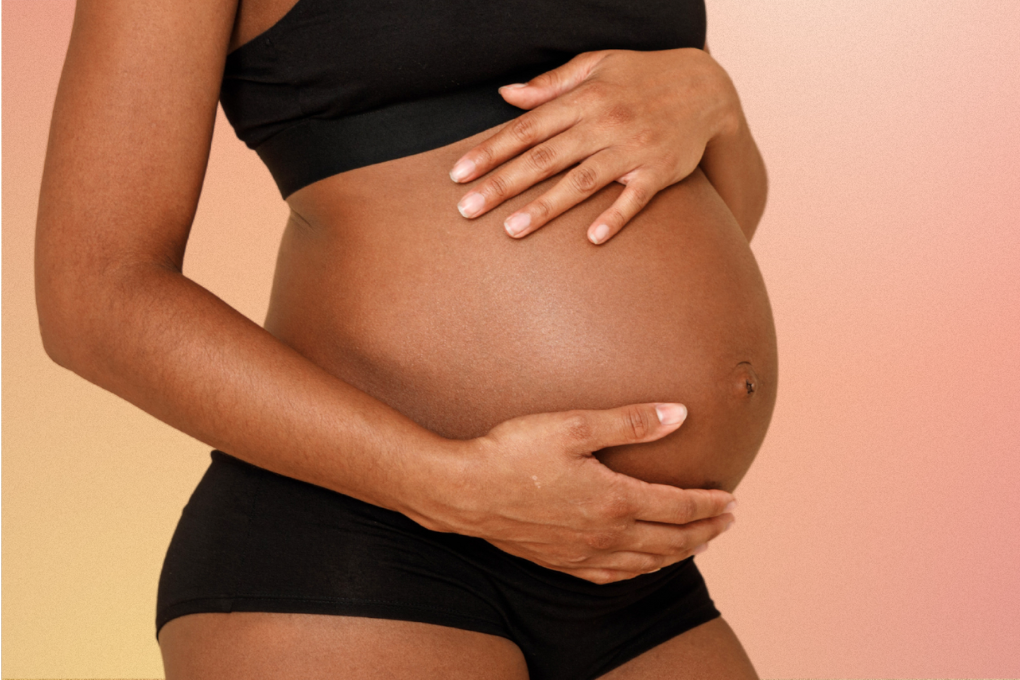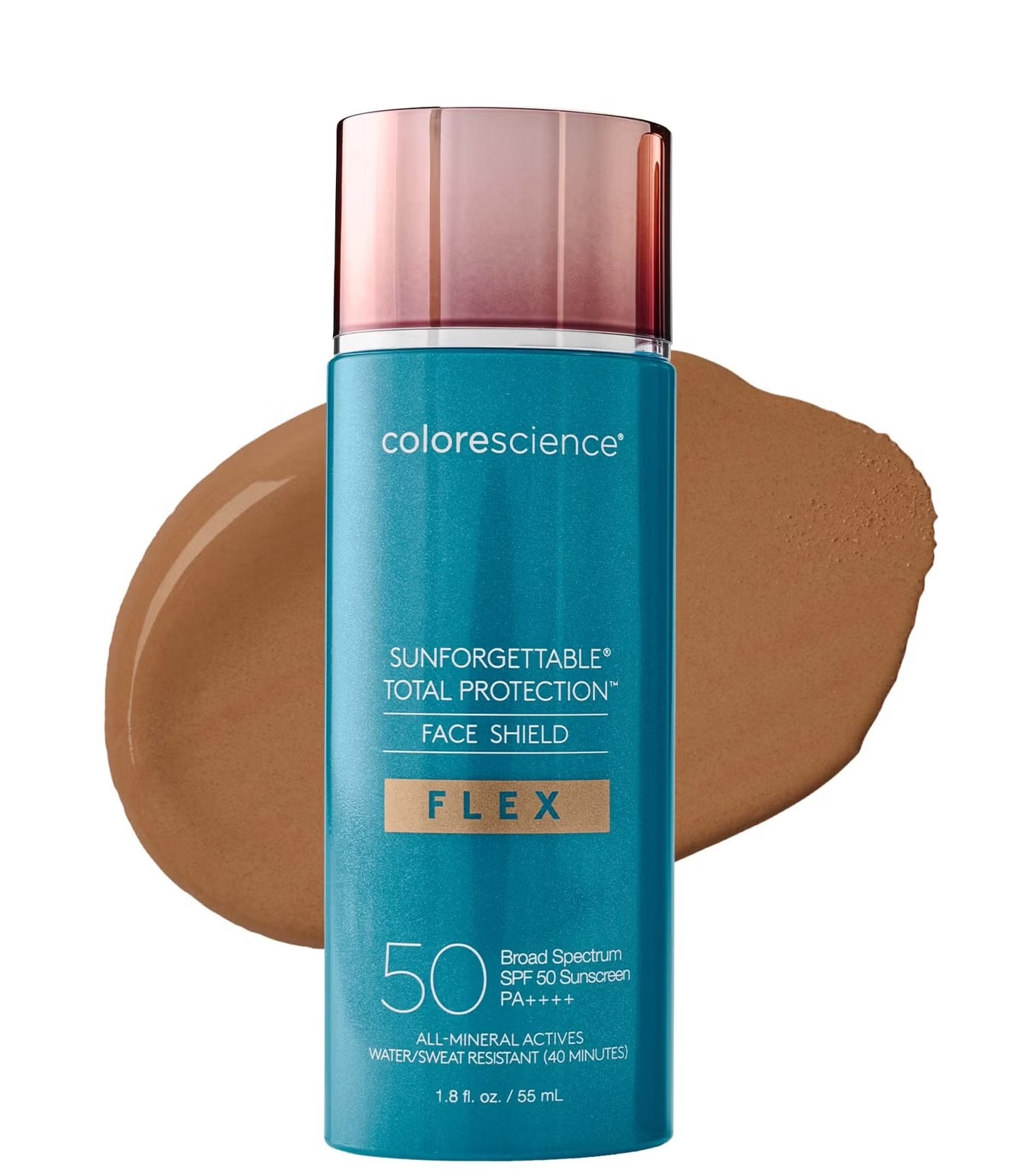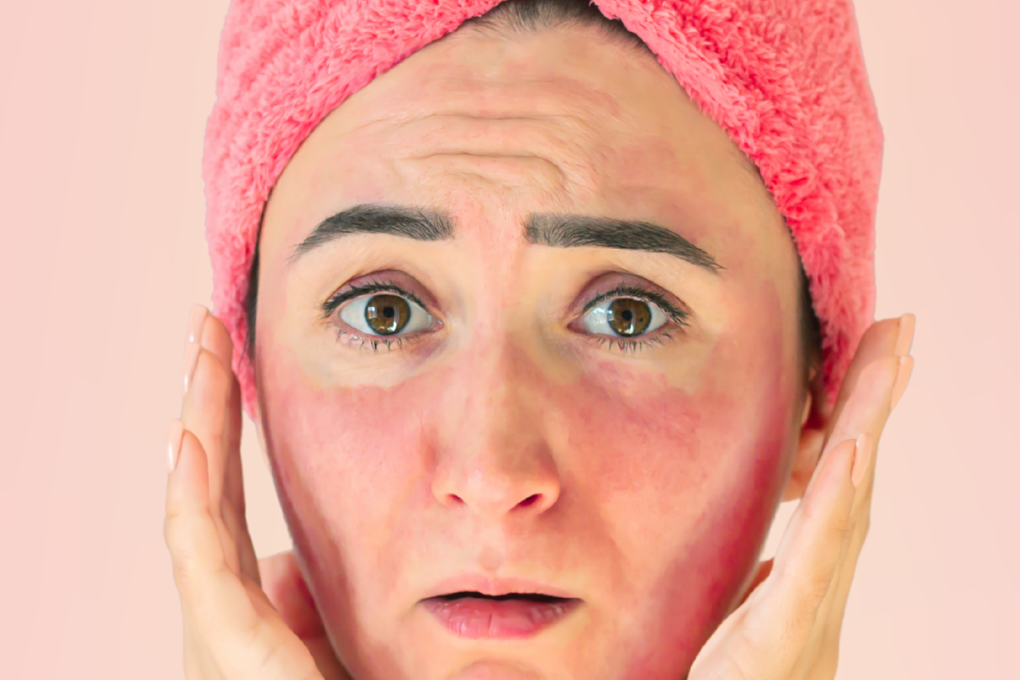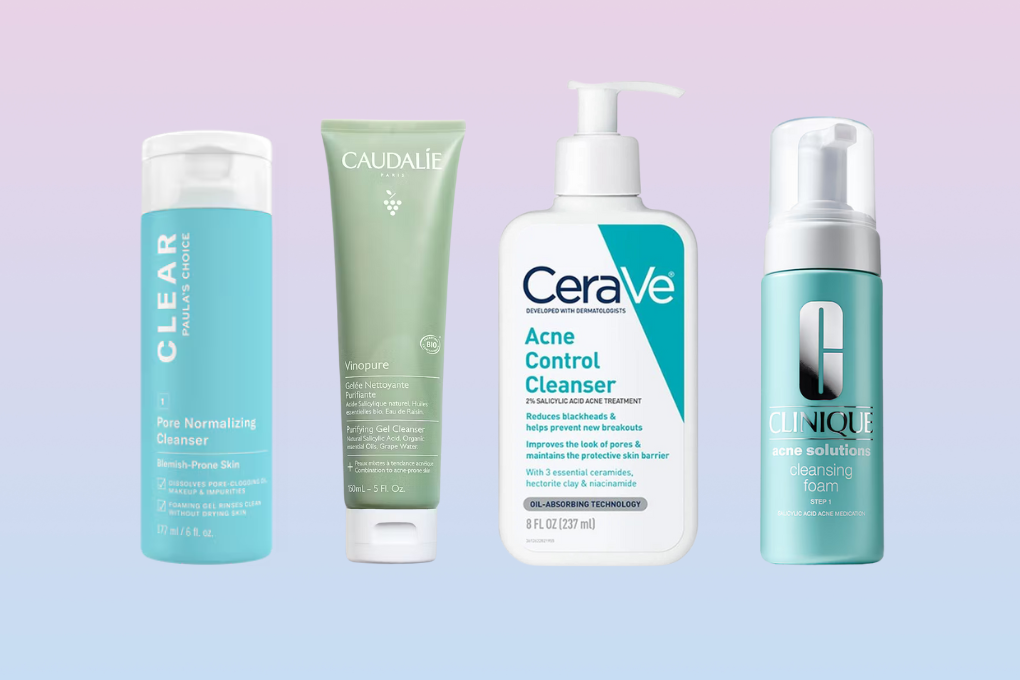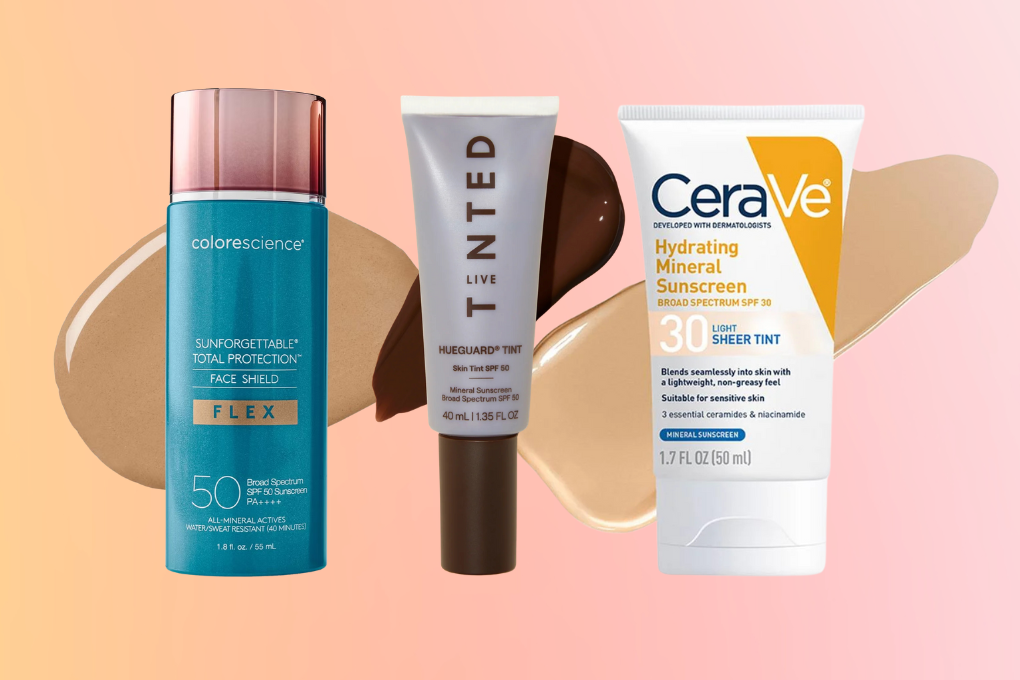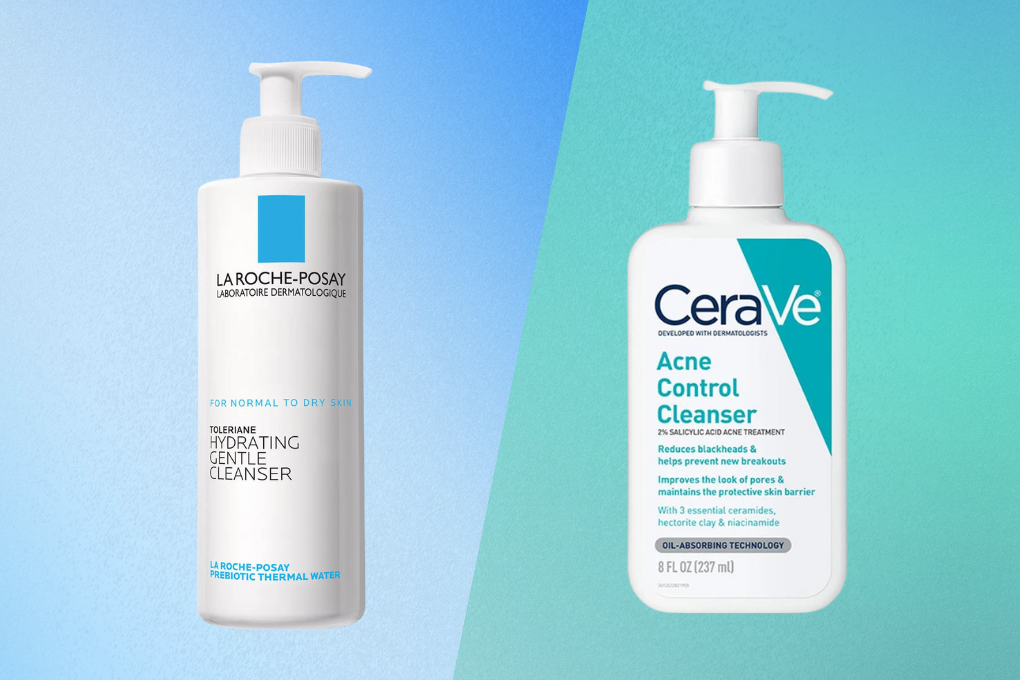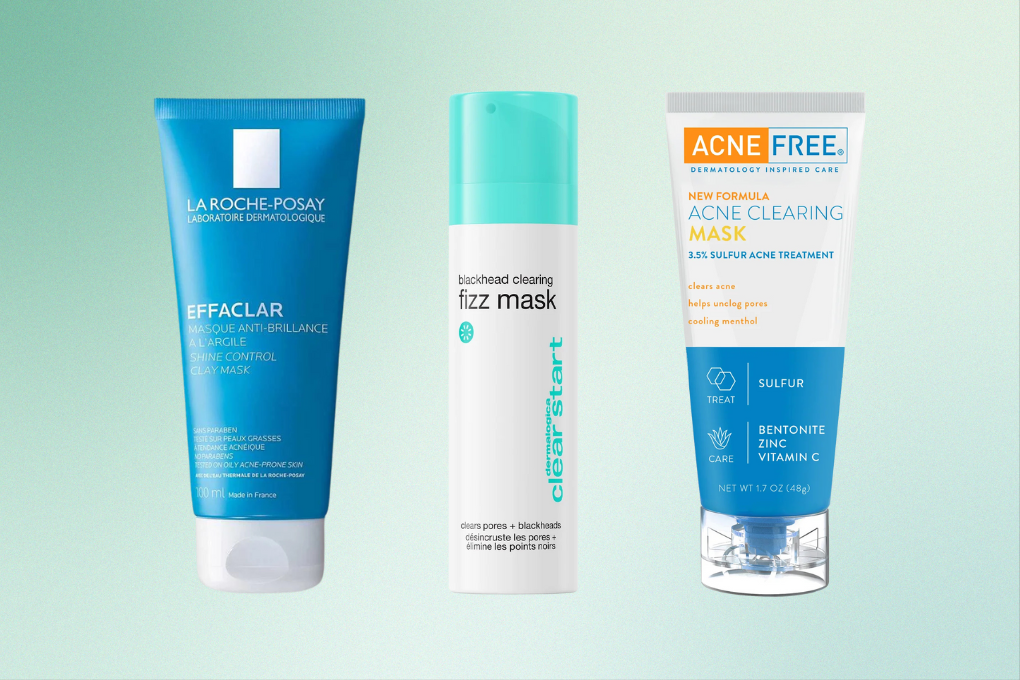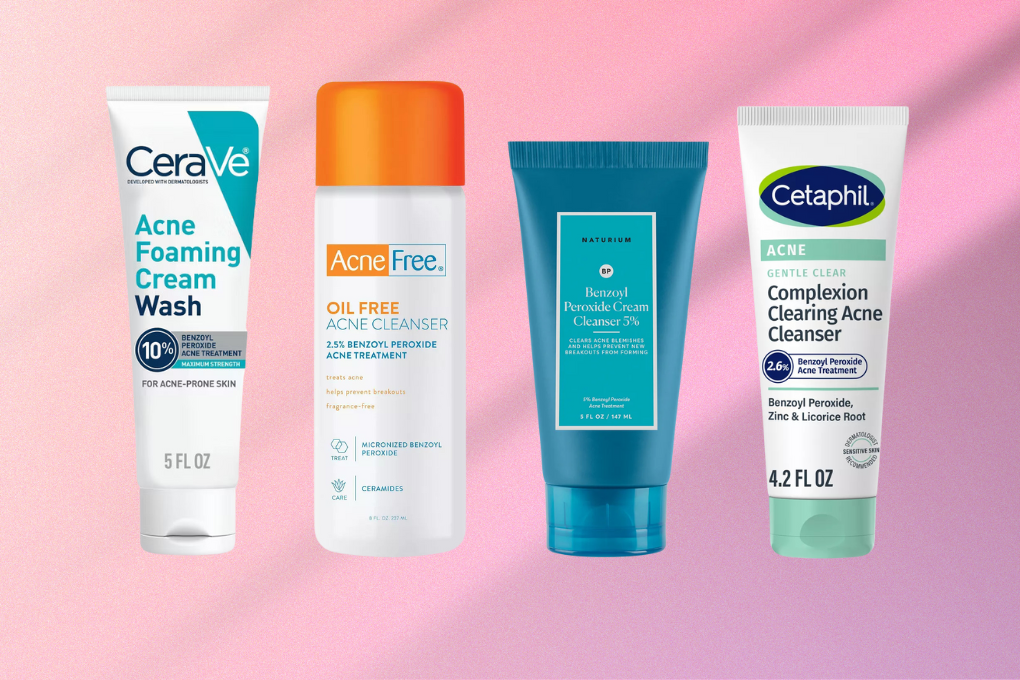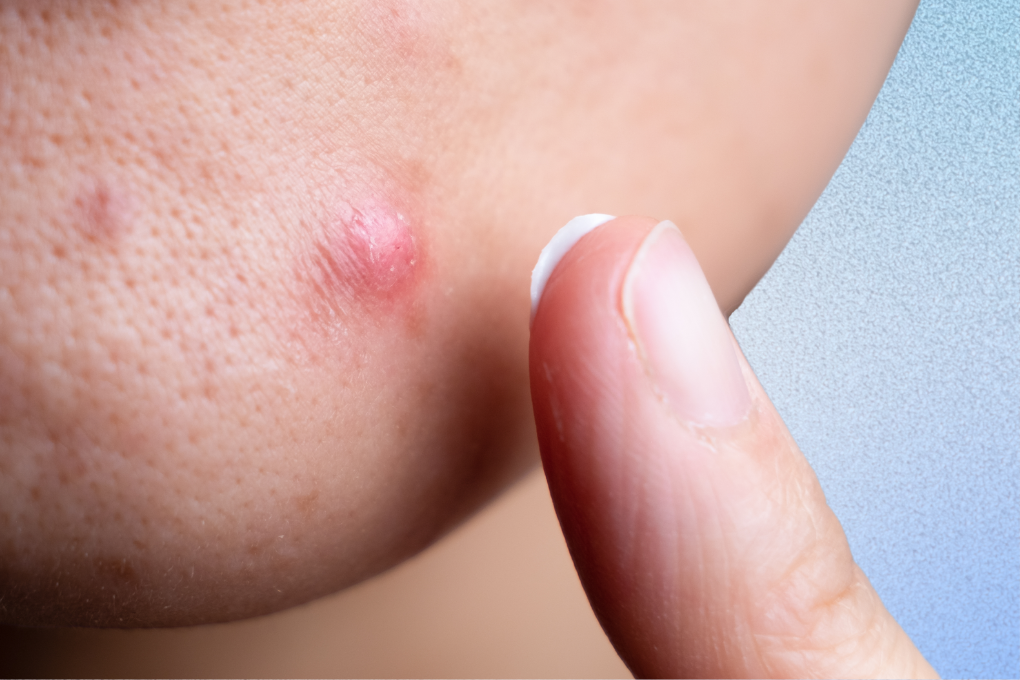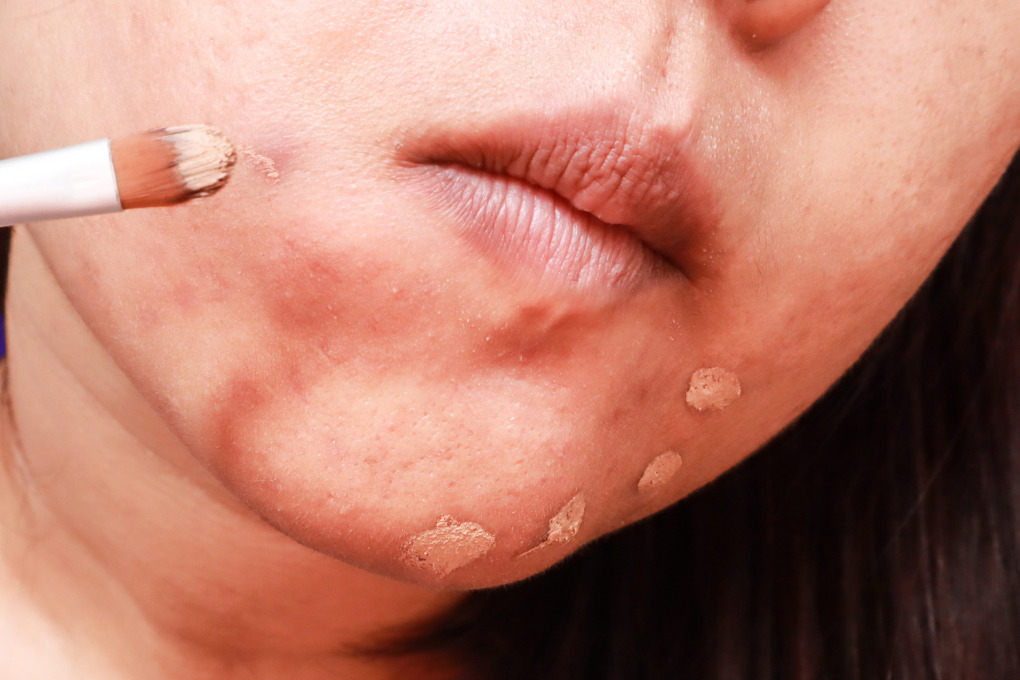Always consult with your healthcare provider before using any acne treatments or medications during pregnancy.
Did the promised pregnancy glow turn out to be excess oil and acne?
Maybe this is the first time you’ve experienced breakouts like this, or maybe you’ve already gone through acne and thought you had come out the other side. If you are struggling with acne during pregnancy, know that there are many in the same boat. According to one study, up to 42% of pregnant women experience acne.
Managing Pregnancy Acne
Treating pregnancy acne can be challenging as many common acne medications are not safe during pregnancy, but there are strategies and treatments to manage its impact. Minimizing acne during pregnancy might require some trial and error while you find out what works for your skin.
Patience and consistent skincare practices are key during this period. Here are some tips to help minimize and prevent acne during pregnancy while avoiding active ingredients that are not pregnancy safe.
Azelaic Acid
Azelaic acid is a naturally occurring acid derived from grains such as barley and wheat. It is considered safe for pregnancy and is available as a topical treatment over the counter or by prescription. Azelaic acid works on your skin by reducing the production of excess oil, unclogging pores, and preventing the formation of acne-causing bacteria.
Azelaic acid can also help to fade post-inflammatory hyperpigmentation, the dark spots that often linger after a pimple has healed, and is also helpful in managing melasma, a skin condition of hyperpigmentation that often presents during pregnancy.
Proactiv Clean Azelaic Pore Perfector Cream Serum with 5% Azelaic Acid
Proactiv's Azelaic Pore Perfector Serum is a great choice for sensitive skin with mild acne or occasional breakouts. It's a lightweight lotion-like serum that's made with 5% azelaic acid, which can help decongest pores and reduce redness and hyperpigmentation. The hydrating formula includes squalane, bisabolol, and allantonin to soothe and moisturize.
- Lotion-like serum texture
- Squalane, bisabolol, and allantonin soothe and moisturize
- 5% azelaic acid gently clears pores
- May not be strong enough for some people
THAYERS Let's Be Clear Water Cream with 3% Azelaic Acid
Thayer's Let's Be Clear Water Cream is a gel moisturizer designed to help balance oily and combination skin while reducing redness. Along with hyaluronic acid to hydrate, this formula contains licorice root, which can help soothe and brighten skin. This moisturizer's star ingredient is azelaic acid, which can help clear skin while reducing redness and post-inflammatory hyperpigmentation. The 3% strength will be gentle enough for sensitive skin.
- Lightweight gel moisturizer
- Licorice root soothes and brightens
- 3% azelaic acid to gently clear and reduce redness
- Strength may be too low for some people
Pimple Patches
While some pimple patches may contain ingredients that your doctor may want you to avoid during pregnancy, the standard ingredient-free hydrocolloid pimple patches are effective and safe to use. They come in many sizes and shapes to cover any breakout. Pimple patches work by absorbing fluid from a pimple and by creating a clean and moist environment for it to heal.
Hero Cosmetics Mighty Patch Original Hydrocolloid Pimple Patch
Hero Cosmetics Mighty Patch Invisible+ Ultra Thin Daytime Hydrocolloid Pimple Patches
Sulfur
For acne, sulfur has mild exfoliating properties, which allow it to remove dead skin cells to stop them and other debris from blocking your pores, while also absorbing excess oil. Sulfur is antimicrobial, so it can help kill the bacteria that lead to acne. Although it can still irritate sensitive skin, sulfur is seen to be a gentler acne treatment than other options, and it is available over the counter in face washes, masks, and spot treatments. It is considered a safe and effective option for managing pregnancy acne, as it is a topical treatment that is not known to be absorbed significantly into the bloodstream.
Dermalogica Deep Acne Liquid Patch Invisible Spot Treatment with 4% Niacinamide and 5% Sulfur
Dermalogica's Deep Acne Liquid Patch spot treatment was specifically designed for deep cystic pimples. It goes on as a liquid with 5% sulfur to help clear the breakout and dries into a semipermeable patch to protect the skin. Camphor provides a welcome cooling sensation that can help soothe the pain of a deep pimple, while niacinamide and lactic acid help to brighten and fade post-acne marks. As a bonus, it is safe for use during pregnancy.
- Camphor for pain from deep pimples
- Sulfur helps clear breakouts
- Niacinamide and lactic acid to help brighten acne marks
- Pregnancy safe
- Small amount
Kate Somerville EradiKate Daily Foaming Cleanser Acne Treatment with 3% Sulfur
Kate Somerville's EradiKate Daily Foaming Cleanser contains 3% sulfur to fight breakouts while still being gentle enough to use on a daily basis. This whipped sulfur foaming cleanser keeps pores clear and absorbs excess oil without overdrying. It is lightly fragranced to offset the sulfur smell. Massage onto skin for 30 seconds and even let it sit for 2-3 minutes on your T-zone as a mask before rinsing to help clear sebaceous filaments.
- 3% sulfur fights breakouts without overdrying
- Can also be used as a mask to clear sebaceous filaments
- Contains fragrance
- Expensive
Thayers Rapid Acne Treatment with Niacinamide, Glycolic Acid, 10% Sulfur
Proactiv Clean Mineral Acne Cleanser for Sensitive Skin with 3% Sulfur and Chamomile
Extractions
If pregnancy-safe ingredients are not enough to unclog your pores, you can consider going to an esthetician for pregnancy-safe facials and extractions to help deep clean the skin and manually clear blocked pores to prevent breakouts.
Clay Masks
Clays, such as bentonite or kaolin, can help absorb extra oil and help clear your pores, which can be especially helpful if hormones have caused increased sebum production. Clay masks are generally safe when you’re pregnant as long as they don’t contain potentially harmful active ingredients like retinoids, so read the ingredient list before buying. Using a clay mask once or twice a week can help keep pores clear, reduce inflammation, and improve the overall appearance of your skin during pregnancy.
La Roche-Posay Effaclar Gentle Purifying Clay Face Mask for Oily Skin Controls Shine
Roche Posay's Effaclar mask for oily skin is designed as a 2-in-1 product that is both a purifying clay mask and shine control. This mask uses kaolin clay and salicylic acid to absorb impurities and excess oil, and also mattifies the skin to reduce shine. The addition of glycerin helps to keep it from being too drying. If you struggle with oily skin, this mask would be a great option on days when you want a more matte look.
- Clay controls excess oil
- Mattifies skin to reduce shine
- Contains fragrance
Kiehl's Rare Earth Deep Pore Cleansing Mask Absorbs Excess Oil with Amazonian White Clay and Aloe Vera
Kiehl's Rare Earth Pore Cleansing Mask is a gentle option that is still effective on acne-prone skin. It minimizes the appearance of your pores using Amazonian white clay, a mineral rich kaolin clay, which is responsibly sourced from the mouth of the Amazon river by local communities. Together with bentonite clay, it can draw out excess oil and impurities that can clog pores and make them look larger.
- Mineral rich Amazonian white clay and bentonite clay absorb excess oil
- Aloe vera soothes and moisturizes
- Comes in a large size
- More expensive than other options
Aztec Secret Natural Calcium Bentonite Clay Deep Pore Cleansing Mask
This bentonite clay mask by Aztec Secret is a classic for good reason. It comes as bentonite clay powder that must be mixed into a paste with water or apple cider vinegar before being applied to your face. The clay will powerfully absorb excess oil and impurities, so keep it on for only 5 minutes if you have sensitive skin. Also note that bentonite can clog plumbing, so remove the mask with a washcloth or paper towel, not down the drain.
- Simple one ingredient clay
- Powerful at absorbing excess oil
- Pure bentonite clay can clog plumbing
- Must be mixed with liquid before use
Lifestyle Adaptations
If you had not experienced acne before pregnancy, you may not have felt the need to have an acne-safe skin care routine before. You might need to be more careful with what you put on your skin and pause using products that are heavy and oily, as they may have pore-clogging ingredients that are contributing to breakouts.
Wash your face twice a day with a gentle cleanser, and use a non-comedogenic moisturizer and sunscreen. Sun protection is especially important during pregnancy because of the increased risk of melasma, a skin condition that causes dark patches on the face. Melasma is more common during pregnancy due to hormonal changes that make your skin more sensitive to UV rays, leading to hyperpigmentation. Tinted sunscreens with iron oxides are considered the best choice for melasma prevention.
La Roche Posay Anthelios Sunscreen UV Clear with Azelaic Acid Broad Spectrum SPF 50
Anthelios UV Clear Sunscreen from La Roche Posay was specifically designed for acne-prone and rosacea-prone skin. Its barely-there lightweight texture is noncomedogenic, and it uses azelaic acid to brighten and gently fight acne. Cell-Ox Shield Technology combines UVA and UVB protection with antioxidant protection to defend skin from free radicals caused by the sun. It soothes and hydrates and dries down to a natural finish.
- Barely-there texture with invisible finish
- Azelaic acid to brighten and fight acne
- Not water-resistant
Colorescience Sunforgettable Total Protection Face Shield Flex Tinted Mineral Sunscreen SPF 50
Colorescience is known for mineral SPF products, and Face Shield Flex is our favorite of their tinted sunscreens. What makes it stand out is the encapsulation of iron oxide pigments in the formula. So even though the sunscreen comes out white, it will "bloom" to the right color as you apply it to your skin, giving you an adaptable and buildable coverage. The six shades cover a range of skin tones, making it easier to find a match that will blend in with your skin. Colorescience's patented EnviroScreen® Technology protects from UVA and UVB rays as well as blue light, pollution, and infrared radiation.
- Six shades with adaptable medium coverage
- Water-resistant for 40 minutes
- Protects from blue light, pollution, and infrared radiation
- Niacinamide can be irritating for some people
If you tend to pick at your skin, it’s a good time to cut back. You can try using dimmer light bulbs or candles in the bathroom to reduce the temptation that comes from looking at a well-illuminated mirror. Keeping your fingernails short and using pimple patches are also great ways to protect pimples if you tend to mindlessly pick.
Try changing your pillowcases and towels more often to help prevent acne by reducing the amount of oil, dirt, and bacteria in contact with your skin. Hair care products can contain ingredients that clog your pores, so keep them away from your skin and use a different towel to dry your face than the one you use on your hair. Examine other aspects of your daily routine to see if there is anything that might be exacerbating your acne, and explore the Acne Club archives for more tips.
Visit a Dermatologist
Seeking the expertise of a dermatologist can be incredibly beneficial when dealing with pregnancy-related acne since treatment options can be limited. They can assess the severity of your acne and recommend effective treatments that are safe for pregnancy. With their expertise, a dermatologist can guide you on suitable skincare routines, provide advice on managing breakouts, and offer tips for maintaining healthy skin throughout your pregnancy.
If you are planning a pregnancy and are concerned about developing acne, you can consult with your healthcare provider before you become pregnant to develop a safe and effective skincare regimen to address your specific skin needs during this transitional period.
What Causes Pregnancy Acne?
There are a number of causes of acne during pregnancy, including:
Hormones
During pregnancy, hormonal fluctuations play a significant role in the development of acne. The hormone progesterone rises during pregnancy to support the growth and development of the fetus. Estrogen and androgen levels also increase during pregnancy, which can contribute to skin changes. These elevated hormone levels can stimulate the sebaceous glands to produce more sebum, leading to clogged pores and the formation of acne.
Immune System
In addition to sebum production, pregnancy hormones can affect your immune system, leading to changes in inflammatory responses. The immune system changes in order to allow the fetus to grow without being rejected by the mother’s body by suppressing the immune system’s ability to attack foreign cells. Unfortunately, this can also lead to an increased risk of inflammation, making your skin more susceptible to inflamed breakouts.
Stopping Medication
If you’ve previously been on acne medication that is not safe for pregnancy, such as spironolactone and retinoids, you might experience acne when you stop their use for pregnancy. The sudden withdrawal of acne treatments can disrupt the balance of sebum production, leading to clogged pores and inflammation. It can be a frustrating experience when you have found a treatment that works for your acne, but must discontinue it during pregnancy.
You may have also benefited from clearer skin from hormonal birth control for years without realizing that it was helping your acne until you discontinued it for pregnancy. Hormonal birth control that contains both estrogen and progestin can regulate hormone levels and reduce acne by suppressing the production of androgens, which are hormones that can contribute to acne formation. When these hormones are discontinued, your body’s hormone levels may fluctuate, leading to an increase in androgen production and thus acne.
Individual Factors
While hormones are the primary trigger, other considerations such as stress and genetics can influence the severity of pregnancy acne. Factors such as pre-existing acne conditions, skin type, individual hormone levels, and higher cortisol levels due to stress can influence the extent of the breakouts.
If you had acne prior to pregnancy, particularly hormonal acne, you may experience a flare-up during your pregnancy. According to a French study, 90% of women with pregnancy acne had previously experienced acne at some point before pregnancy. Additionally, certain skin types, such as oily or combination skin, may be more prone to acne during pregnancy.
When Does Pregnancy Acne Start?
The onset of pregnancy acne can vary. For many, pregnancy acne typically starts during the first trimester when hormone levels are rapidly changing.
Progesterone increases the most during the first trimester, which can cause an increase in acne. The exact timing depends on individual hormonal levels and the way your body responds to these changes.
If you have gone off acne medication or hormonal birth control in preparation for pregnancy, you may start experiencing acne before conception. For some people, stopping hormonal birth control can uncover acne that had been suppressed by the hormones. At other times, acne after stopping birth control is a temporary period of adjustment as your skin responds to the new changes in hormone balance. Some fertility treatments, such as the progesterone used for IVF, may also change your hormones and cause acne before pregnancy begins.
When Does Pregnancy Acne Go Away?
The good news is that acne related to pregnancy is usually temporary and tends to go away on its own after birth when progesterone plummets, or as hormone levels stabilize postpartum. As pregnancy progresses, some people may be fortunate and have a reduction in acne during the second and third trimesters, while others may continue to experience breakouts throughout the entire pregnancy.
Acne disappearance timelines can differ for each person, and you may require additional time for your skin to normalize after pregnancy. In some cases, acne may persist for a few months or require additional treatment. Your doctor may also want you to limit certain acne treatments while breastfeeding, which might prolong the period of breakouts if you usually use acne treatments to maintain clearer skin. Additionally, if you are experiencing a lot of stress postpartum with a new baby, higher levels of cortisol can also contribute to breakouts.
Acne during pregnancy can be difficult to fully clear due to its often hormonal nature and the limited treatments that are safe during pregnancy. Remember that pregnancy acne is a temporary condition, and try to keep a mindset of acne neutrality to keep thoughts about your acne from dominating your pregnancy.





